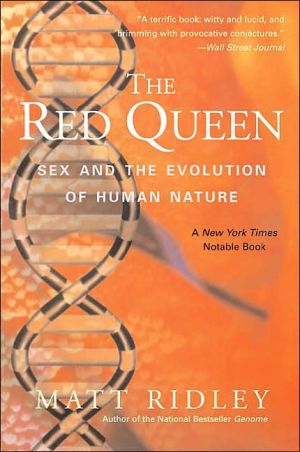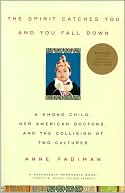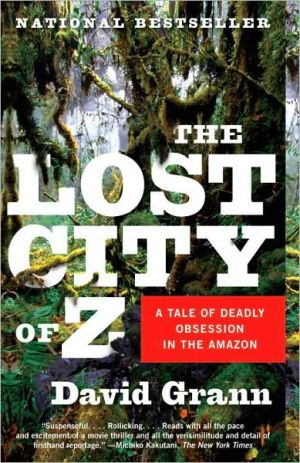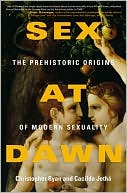The Red Queen: Sex and the Evolution of Human Nature
Referring to Lewis Carroll's Red Queen from Through the Looking-Glass, a character who has to keep running to stay in the same place, Matt Ridley demonstrates why sex is humanity's best strategy for outwitting its constantly mutating internal predators. The Red Queen answers dozens of other riddles of human nature and culture — including why men propose marriage, the method behind our maddening notions of beauty, and the disquieting fact that a woman is more likely to conceive a child by an...
Search in google:
Referring to Lewis Carroll's Red Queen from Through the Looking-Glass, a character who has to keep running to stay in the same place, Matt Ridley demonstrates why sex is humanity's best strategy for outwitting its constantly mutating internal predators. The Red Queen answers dozens of other riddles of human nature and culture — including why men propose marriage, the method behind our maddening notions of beauty, and the disquieting fact that a woman is more likely to conceive a child by an adulterous lover than by her husband. Brilliantly written, The Red Queen offers an extraordinary new way of interpreting the human condition and how it has evolved. Booknews The author, a science journalist, draws on a wide range of sources (which he notes and annotates) to present some biological (unromantic) reasons behind seduction and sexism, beauty and polygamy, attraction and adultery. The title refers to Lewis Carroll's character in Through the Looking Glass who told Alice "we must run as fast as we can just to stay in the same place," her comment being used metaphorically for evolution. For the lay audience. Annotation c. Book News, Inc., Portland, OR (booknews.com)
AcknowledgmentsCh. 1Human Nature1Ch. 2The Enigma23Ch. 3The Power of Parasites53Ch. 4Genetic Mutiny and Gender89Ch. 5The Peacock's Tale129Ch. 6Polygamy and the Nature of Men171Ch. 7Monogamy and the Nature of Women209Ch. 8Sexing the Mind245Ch. 9The Uses of Beauty277Ch. 10The Intellectual Chess Game307Epilogue: The Self-Domesticated Ape345Notes351Bibliography369Index395
\ BooknewsThe author, a science journalist, draws on a wide range of sources (which he notes and annotates) to present some biological (unromantic) reasons behind seduction and sexism, beauty and polygamy, attraction and adultery. The title refers to Lewis Carroll's character in Through the Looking Glass who told Alice "we must run as fast as we can just to stay in the same place," her comment being used metaphorically for evolution. For the lay audience. Annotation c. Book News, Inc., Portland, OR (booknews.com)\ \ \ \ \ Kirkus ReviewsA former editor of The Economist asks how sexual selection has molded human nature. The title here alludes to a scene in Lewis Carroll in which Alice and the Red Queen run as fast as possible to remain in the same place. Ridley looks first at current thinking on why sexual reproduction exists at all, when many organisms manage quite well without it. The answer has to do with disease: a species must rebuild its defenses from one generation to the next merely to keep from falling behind in the race against opportunistic viruses. Sex, by allowing a new shuffle of the genetic material with each generation, improves the chance of survival. But the predators also improve with each generation, so the race (vide Lewis Carroll) is never over. Turning to animals, Ridley describes mating patterns with an eye as to whether mates are selected for health and vigor, or for esthetics. He concludes that both play a role: neither sickly fashion-plates nor healthy wallflowers will pass on their genes as often as those who combine both beauty and health. Given the contrast between a brief sexual act and long years of child- rearing, aggressive males will tend to have more children, while nurturing women will have healthier ones. Those who select mates with these qualities will transmit them to ensuing generations, along with other qualities affecting offspring survival. Ridley contends—not a popular thesis in recent decades—that such genetic programming is far more central to human nature than social conditioning. Extensively researched, clearly written: one of the best introductions to its fascinating and controversial subject. (Notes, bibliography, index; eight pages ofphotos—not seen)\ \








